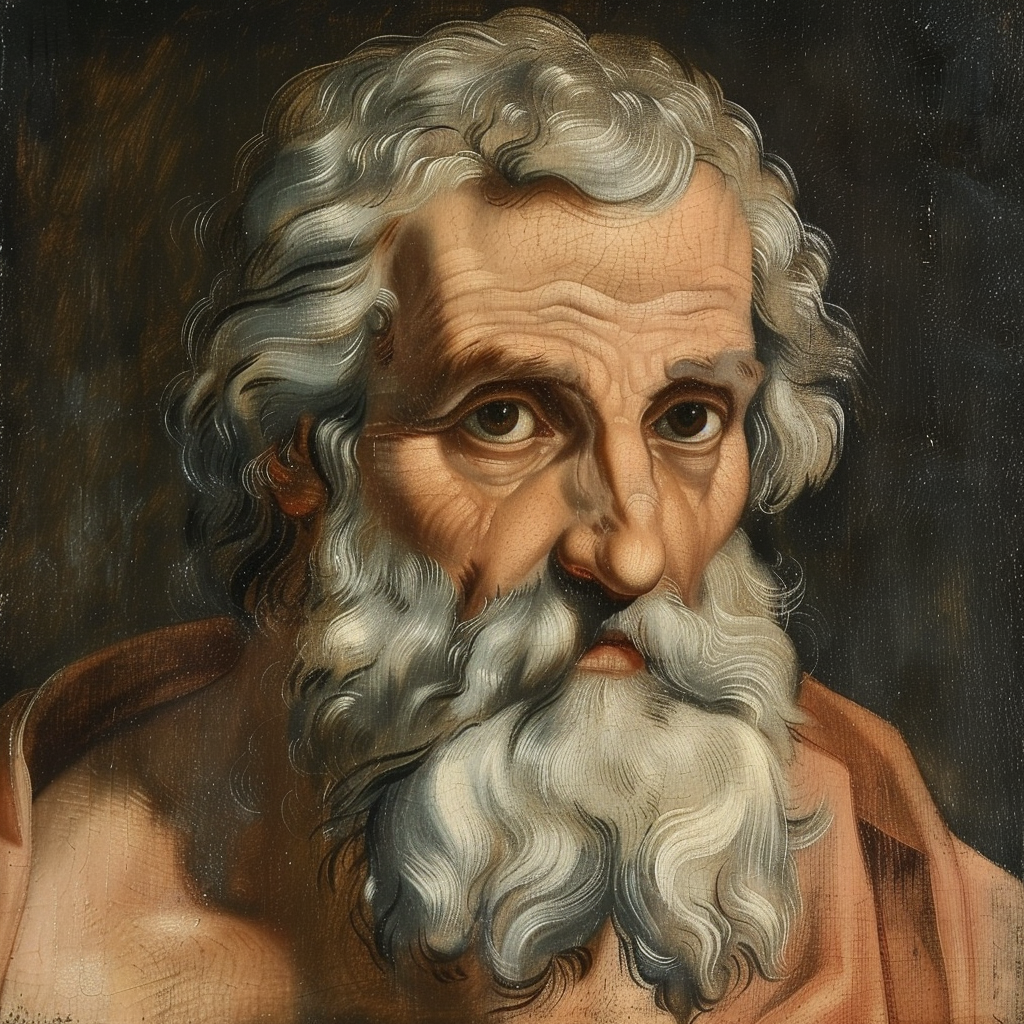Plato argued that letters and writing deteriorate memory and hinder the attainment of true wisdom, yet he wrote prolifically to convey his philosophical ideas. This illustrates the tension between philosophy and text, and emphasizes that true knowledge is a process of internalization, not mere accumulation of information.
Many philosophers have a very negative view of writing and reading. They despised books and considered the wisdom gained from them to be fake and far from reality. At the root of this attitude towards books is Plato. Plato was the philosopher who expressed his aversion to writing more clearly than anyone else, but he wrote so much that it is said that ‘Plato died writing,’ and he left behind the most polished body of work of any philosopher. But why did Plato have such a negative view of writing or “the written word”?
Plato emphasizes that the written word is not always a good thing: He believes that true wisdom can be attained by receiving a living teaching, reciting it, and internalizing it as one’s own. However, when something is written down, you don’t have to memorize it as hard because you can refer back to it when you need to. He feared that the written word would make memory obsolete and increase forgetfulness and loss. Plato believed that written texts are nothing more than copies of “living, soulful words” (truths), and are merely the externalization of the internal mind. Therefore, the internality that characterizes the mind is absent from written records. For Plato, knowing is not mere imitation, but the perfect unity of the knower and the object of knowledge, or “self-existence. Relying on letters and written texts, therefore, inhibits and results in the loss of active self-existence through memory.
Plato’s view is exemplified in his book Phaedrus. In the dialog between Socrates and Phaedrus, Socrates argues that writing diminishes human memory and makes people dependent on external records, which in turn prevents them from attaining true wisdom. This dialog reflects Plato’s deep concern about the dangers of writing. Plato believed in the importance of passing on wisdom through live conversation and direct instruction. This shows that his philosophy was an attempt to transcend the limitations of the written word.
But can complete self-existence be achieved without any mediation? In this regard, we should consider Plato’s statement, “Serious people do not write about serious (important) matters.” This is a paraphrase of the Phaedo. In other words, if you write about serious matters, you don’t need to be serious. You might interpret this as advice not to think about writing about something serious and important, and if you do, not to take it so seriously. But Plato did say this in writing. In fact, Plato himself is contradicting his own words, because he wrote about very serious matters – true and false, goodness, justice, death, etc. He was a very serious man, and his topics were serious and important.

So, is Plato self-contradicting himself here? At first glance, it seems contradictory, but here we see the tension that exists between philosophy and text. Philosophy always seeks to transcend the text and confront the question of reality and truth. This is because texts do not capture the totality of reality, they do not reveal living truth. But this transcendence can only be accomplished through letters and texts. Philosophy and thought can be sustained and maintained through letters and texts.
Plato’s dual attitude was possible because he was a philosopher. A philosopher is someone who is constantly in search of truth and, in the process, doubts and examines his theories or hypotheses. So while Plato clearly recognized the limitations of the written word, he had no choice but to write to advance his philosophical ideas. His writings function not simply as a means of transmitting knowledge, but as a tool to constantly question and provoke thought in the reader. This explains why Plato’s philosophy emphasizes live dialogues and education, while at the same time being able to be continuously transmitted and developed through the written word.
Furthermore, Plato’s prolific writing despite his negative views on writing indicates the sophistication and depth of his philosophical thought. His writings are not mere records, but the result of philosophical inquiry, and they have had a profound influence on later philosophers. Therefore, Plato’s criticism of the limitations of writing is an important clue to understanding his philosophical depth.
Plato’s philosophical position has many implications for today. In the modern world, we have access to a tremendous amount of information and knowledge through the written word. However, as Plato warns, it’s important to recognize that our reliance on the written word can hinder our access to true wisdom. True knowledge is not simply the accumulation of information, but the process of internalizing it and making it your own.